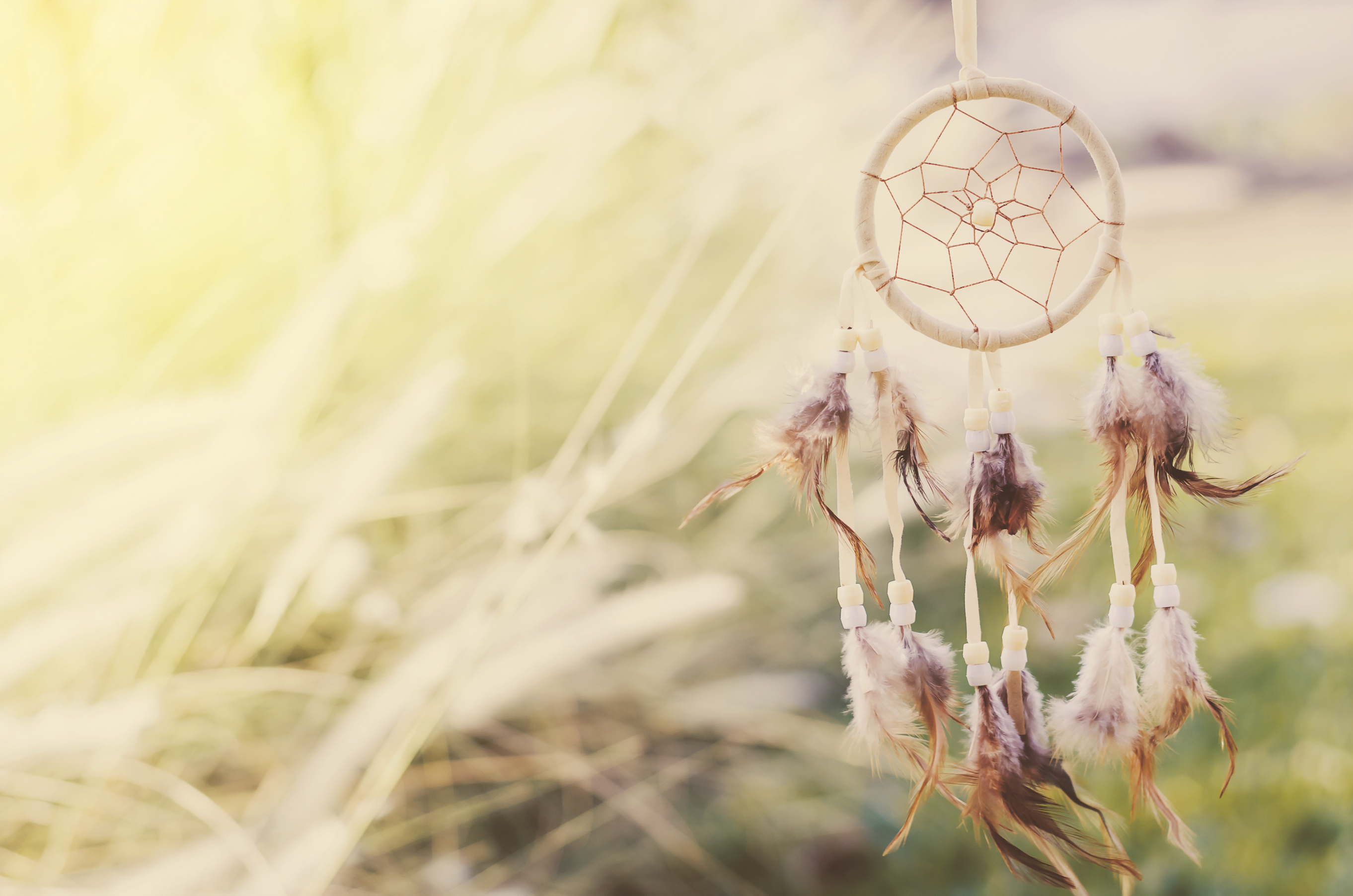Native Spiritual Life In Canada
The indigenous people of Canada historically originated in all of the nation’s provinces. Although each aboriginal culture has its own unique religious customs and traditions, most Canadian natives share spiritual beliefs.
Native Spiritual Life In Canada
The indigenous people of Canada historically originated in all of the nation’s provinces. Although each aboriginal culture has its own unique religious customs and traditions, most Canadian natives share spiritual beliefs.
The Algonquin People
Native to Canada, the Algonquin people can trace their origins to the Ottawa River region of Quebec and Ontario. The Algonquin traditionally hold spiritual beliefs that are based on animism – the belief that a special power organizes and maintains the material Universe. This powerful, creative and omnipresent spiritual force is known as Kitchi Manitou. The Shaman, or Medicine Man, has a significant role within their culture, and is in charge of communicating with spirits, caring for the sick and interpreting dreams.
The Inuit People
The Inuit people occupy the northernmost Arctic polar region of Canada.
Their traditional religion is a form of shamanic animism, which believes in spirits and souls. It is in fact Inuit belief that humans have three souls – one that expires with the body; the second is transferred to a newborn upon death; and the third spiritual essence that goes on into the afterlife.
The Mohawk People
With ancestral roots deep in Quebec and the northern United States, the Mohawk people are also members of the Six Nations (or Haudenosaunee Confederacy). During the 1600s the spiritual beliefs of native Mohawk people was influenced by the Christian faith, through interaction with Jesuit missionaries. The basic principles of their religion have endured however, and are still centered on good versus evil.
The Tlingit People
The Tlingit people are indigenous to British Columbia and Yukon Territory.
Traditionally, Tlingit spiritual beliefs are based on an omnipotent raven god that possesses the combined attributes of bird, human and spirit. Shamans were once held in high regard, with shamanic duties involving spirit communication and caring for the sick with their perceived supernatural powers of healing. After the 19th century outbreak of European diseases, the Tlingit people started to reject shamanism in favor of traditional Orthodox Christianity.
Traditions & Ceremonies
Native spiritual life is founded on the belief in the fundamental inter-connectedness of all natural things. The primary belief links all forms of life to Mother Earth. Many of the native people across Canada practice sacred spiritual ceremonies. Different tribal groups, within local communities, continue to respect and maintain their traditional ceremonial practices. These practices provide a rooted sense of pride, identity and self-esteem for many people.
The ceremonies of the indigenous people are a form of religious expression, and an opportunity to communicate, through prayer, with the Creator and spirit helpers. Through generations the ceremonial leader, or Elder, has lead the way in upholding customs and traditions. Spiritual teachings are traditionally passed on without anything ever being written down.
The Medicine Wheel
The symbol of the circle holds a special place of importance in Canadian native beliefs. The significance of the circle is always expressed in ritual practice and in native art. The uninterrupted circular motion of life is often referred to as the Medicine Wheel.
The four compass direction points of the Medicine Wheel – north, south, east and west –represent ways in which to gain a spiritual understanding of one's true nature. Each direction embodies a powerful natural force that is associated with the seasons.
The Pow-Wow
The Pow-Wow is an ancient ceremonial tradition and a time to celebrate, after a spiritual or religious ceremony. Sometimes naming and honoring ceremonies take place during this event. The Pow-Wow is all about having fun and joining together to feast and dance. The traditional heritage of Canada’s indigenous people take pride in coming together for the unifying and healing experience that celebrates all life.

Submit A Comment
Create a Psychic Sofa account today!
Join the Psychic Sofa Community Today and get access to:
- Get notified by (FREE) SMS text when a reader becomes available!
- Latest offers and members only exclusives
- Add favourite readers to your profile




Comments
No comments have been made yet